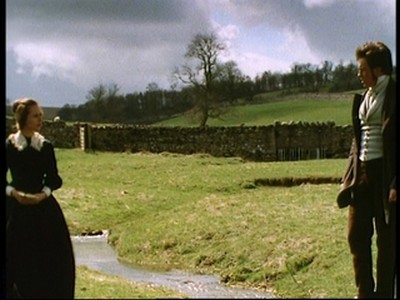Upon thy self thy beauty's legacy?
3) Nature's bequest gives nothing, but doth lend,
And being frank she lends to those are free:
5) Then, beauteous niggard, why dost thou abuse
The bounteous largess given thee to give?
7) Profitless usurer, why dost thou use
So great a sum of sums, yet canst not live?
9) For having traffic with thy self alone,
Thou of thy self thy sweet self dost deceive:
11)Then how when nature calls thee to be gone,
What acceptable audit canst thou leave?
13) Thy unused beauty must be tombed with thee,
Which, used, lives th' executor to be.
Line one and two: You wasteful person that spends his wealth or time on yourself rather than on your children.
Line three: The qualities given you are not yours, you need to repay.
Line four: Nature gives generously to those who are open-hearted, free spirited.
Line five: You beautiful bastard, why are you so wasteful.
Line six: The qualities given you.
Line seven and eight: You unsuccessful silly-man, why do you use so much now and not be able to carry one in the future.
Line nine and ten: Spending on yourself alone, you rob both your offspring and deceive yourself.
Line eleven and twelve: When you die, what acceptable legacy will you be leaving behind?
Line thirteen: Your beauty will die with you because you never procreated.
Line fourteen: But if you pass on your beauty, it will live in the future as your children.
Amongst these legal and financial metaphors, there is possibly another, slyer, system of imagery. Since the poem’s subject is the beloved refusal to bring his undoubted sexual attractions into the service of reproduction, the contrast between “use” and “abuse” is open to another, cruder, interpretation. Certainly the cluster of terms like “spend/ Upon thyself”, “traffic with thyself” and “abuse” could be read as innuendo of a specifically sexual nature.
Picture: Who they suspect the first four sonnets are about - Henry Wriothesley, 3rd Earl of Southampton
Read more at Suite101: Shakespeare's Sonnet No.4
Tirz asked if Shakepeare had children...the answer is yes. Twins, in fact. Though one died at eleven.




























 Thank you, Emma.
Thank you, Emma.























